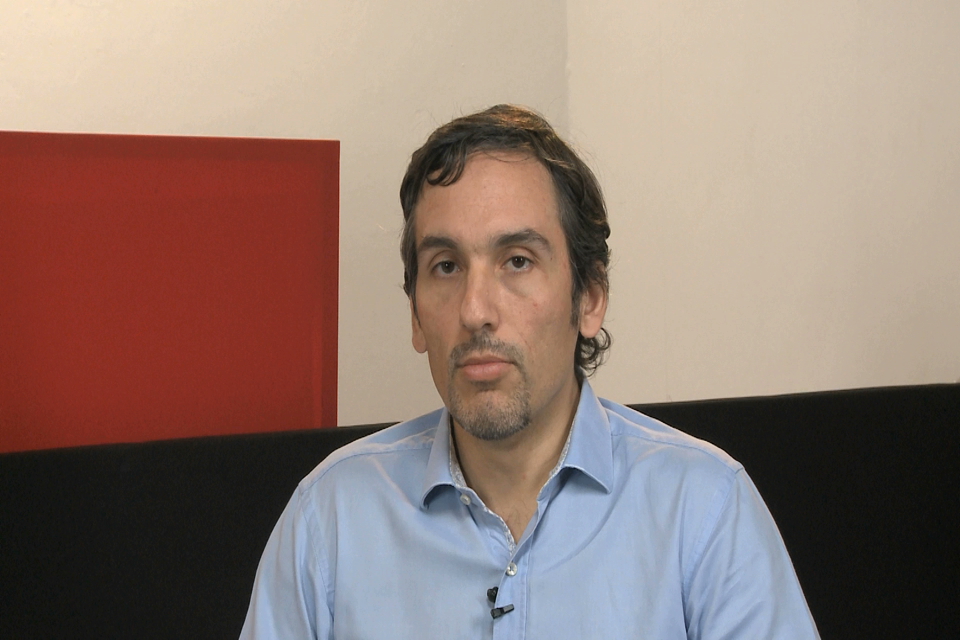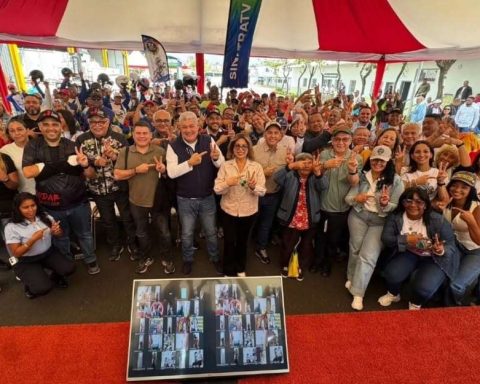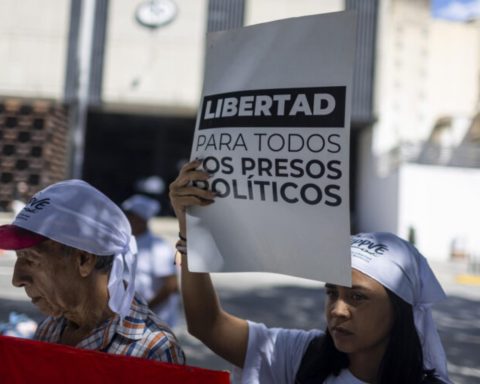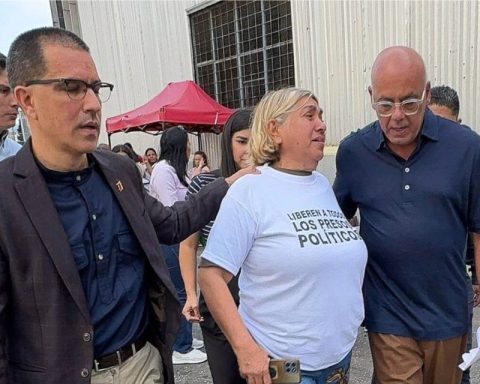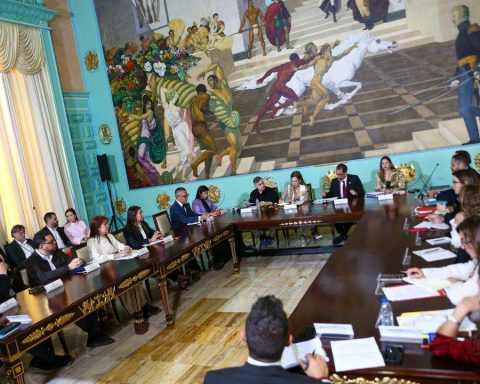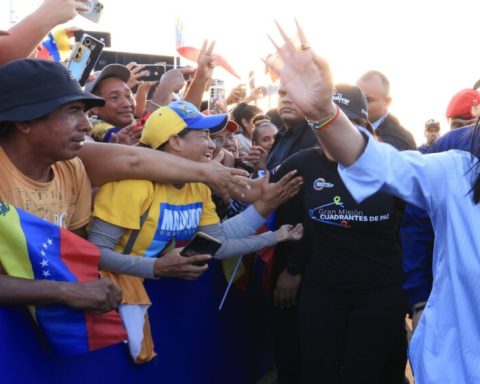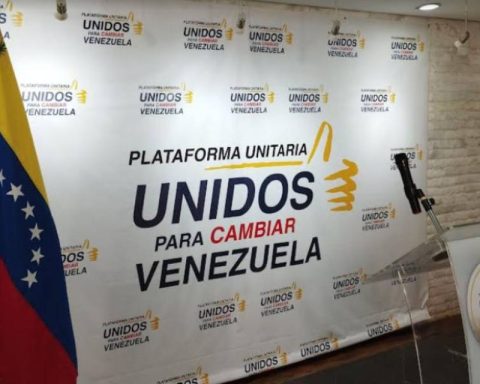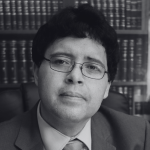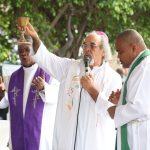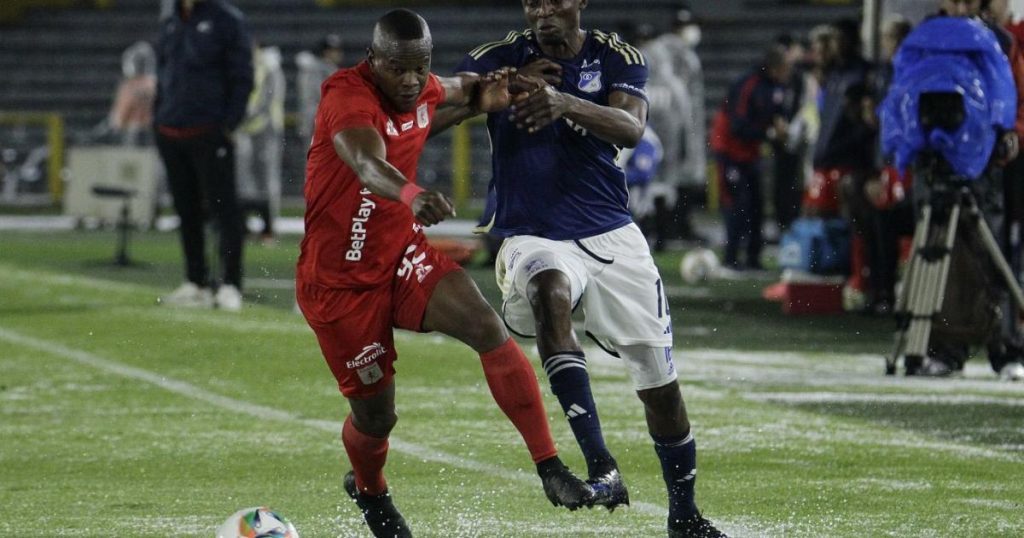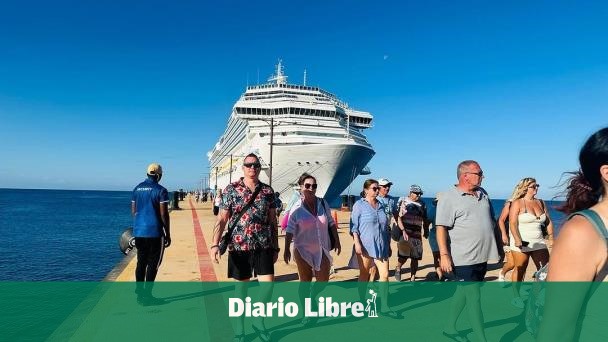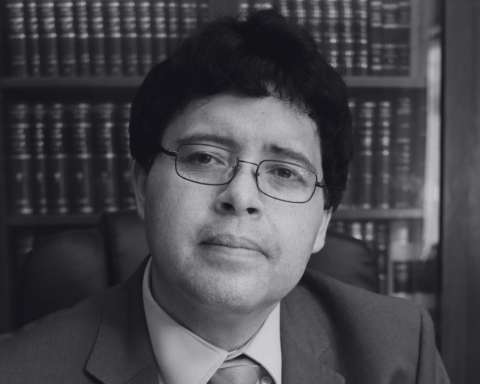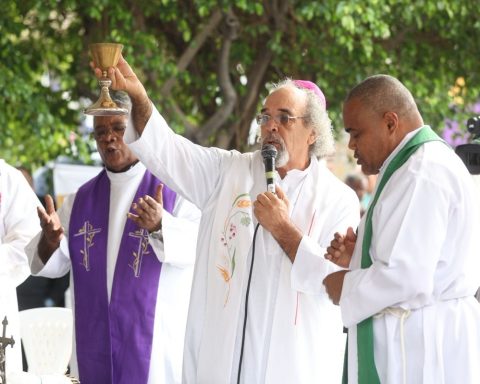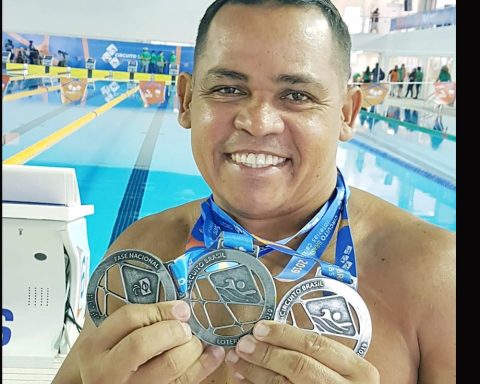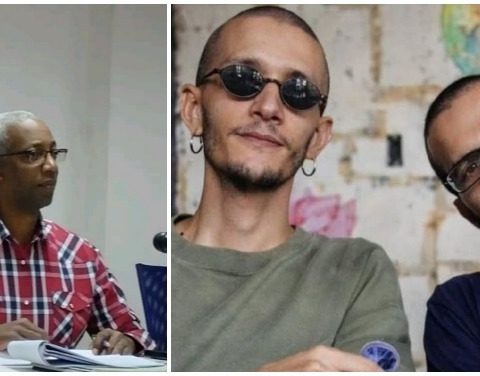In #CocuyoClaroYRaspao, journalist Pedro Pablo Peñaloza talked about the political situation in Venezuela after January 10
Pedro Pablo Peñaloza, a journalist specialized in politics, comments that the Venezuelan scene is opaque. For him, the swearing-in in the morning sought to end the speculation that existed and take a step forward with his agenda, announcing the regional, municipal and parliamentary elections.
Immediately, Nicolás Maduro announces a constitutional reform. “On the one hand, you have the opposition raising the flag and demanding and maintaining the protest for what happened on July 28; but you also have this other agenda that is advancing and that in a certain way summons a sector of the opposition,” explains the journalist.
For Peñaloza, the opposition has to rethink an agenda regarding its participation in these electoral processes and the claim on July 28, how they will approach the constitutional reform and how they will carry out politics in the current context. “They can raise the flag to defend the results of the 28th, but things continue to happen, the process continues to advance and you have to define what to do about this,” says the journalist.
“How can the differences that exist in the country be addressed in a civilized manner?” asks Peñaloza, who declares that addressing all these issues in a concrete way is the opposition’s great challenge.
Pedro Pablo Peñaloza adds that it is also important to consider what the government can do: if it decides to close all the doors and label all parties as terrorists or if it chooses to open a “space of understanding” with a few sectors belonging to the platform. But, according to the journalist, there are many doubts about an effective dialogue that contains agreements and that these are respected and executed by the parties.
The specialist leaves on the table the question: what can the opposition do to get the government to open a chapter that it has already closed, how much support do they have to demand the results obtained on June 28?, while analyzing the role of the international community.
*Read also: #CocuyoClaroyRaspao | Gabriela González: We have to wait for María Machado’s version
It highlights that the international community has ignored Maduro since 2019, especially the main powers, such as the United States, which came to recognize the interim government of Juan Guaidó. But this does not affect, or does not seem to affect, the Maduro administration, which is still in power.
The international community itself also has to rethink its options and stop repeating formulas that have not worked for it, comments Peñaloza, and this challenge is mainly posed to the new Trump administration.
“Does the international community have the strength and willingness to lead the government to recognize what happened on July 28? Or can they rather do what Lula and Macron advance and ask the parties to sit down and reach an agreement? “Peñaloza stressed.
Click here to see the complete program
*Journalism in Venezuela is carried out in a hostile environment for the press with dozens of legal instruments in place to punish the word, especially the laws “against hate”, “against fascism” and “against the blockade.” This content is being published taking into consideration the threats and limits that have consequently been imposed on the dissemination of information from within the country.
Post Views: 4
